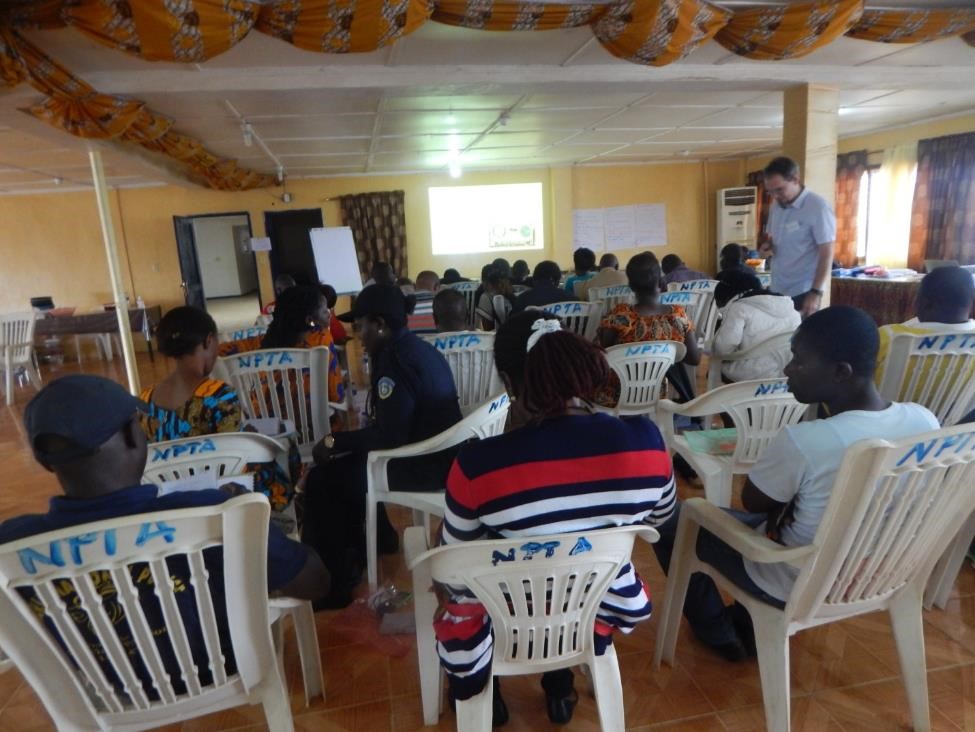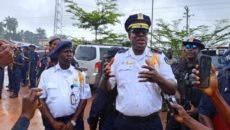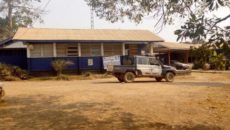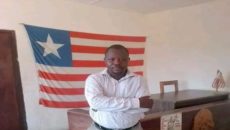MONROVIA, Montserrado – The Carter Center Mental Health Program has ended five days of training for law enforcement officers drawn from the Liberia National Police, the Bureau of Immigration and Naturalization, and the Bureau of Corrections and Rehabilitation.
The mental health crisis intervention training brought together several mental health clinicians from different parts of the country.
Brandon Kohrt, a consultant at the Carter Center Mental Health Program in Liberia and one of the several facilitators at the training, said it was a collaboration-based model for law enforcement officers and mental health professionals.
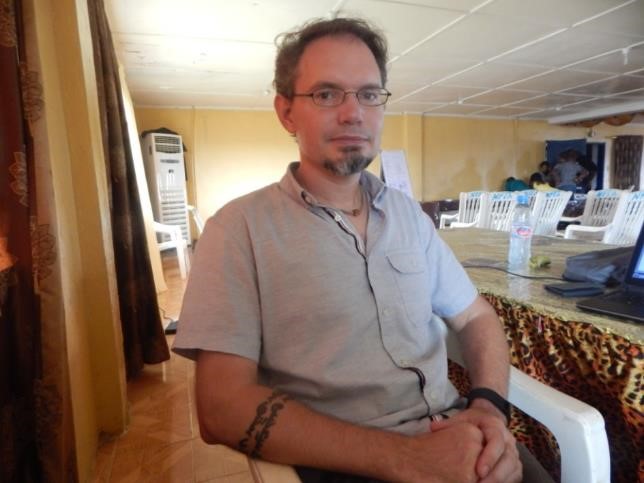
Brandon Kohrt, a consultant with the Carter Center Mental Health Program. Photo: Zeze Ballah
Kohrt said the method was initially developed in the United States in response to a situation where law enforcement officers had accidentally killed a person with mental illness who was causing a public disturbance.
Officials in Liberia had tried conducting the training three years ago, but that effort was interrupted by the Ebola outbreak.
Kohrt said corrections officers were included in the training because many mentally ill persons often end up being imprisoned. He said the training was necessary for the correction officers to help reduce the risk of suicide in prisons across the country.
“They will also compliment Carter Center’s existing replacement of mental health clinicians that served in many of the jail facilities in Liberia,†he said.
For immigration officers, Kohrt said they were relevant to the training because they dealt with the movement of people across Liberia’s borders. Their involvement would especially help in cases where “persons with mental illnesses may be separated from their family and end up in the wrong environment.†He said the immigration officers participating in the program would be better equipped to identify mentally ill persons and help them locate their families.
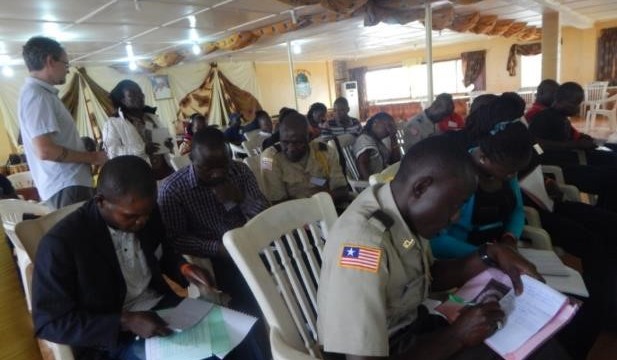
Law enforcement officers at the training. Photo: Zeze Ballah
He hoped that the police would be able to use their training to protect persons with mental problems out on the streets who may be substance abusers. These individuals, he said, are sometimes victims of crime who are “abused by community members out of ignorance.â€
Overall, participants reported finding the training valuable.
Rachel D. Nathan, an officer with the Bureau of Corrections and Rehabilitation, said she learned that persons suffering from mental illness could be treated and become useful in society.
For her, a key skill she learned was how to transfer mentally ill persons to mental health clinicians for treatment.
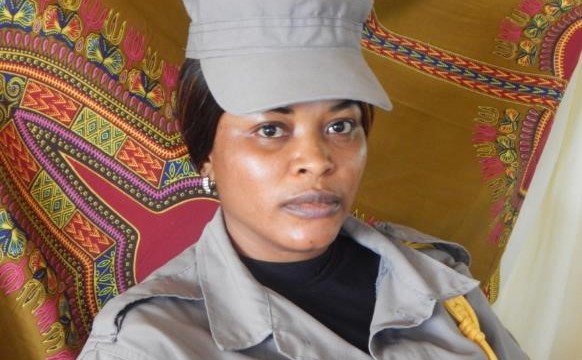
Rachel D. Nathan, Bureau of Corrections and Rehabilitation. Photo: Zeze Ballah
Ibnyasin K. Duoko, a Carter Center-trained mental health clinician said he learned how to collaborate with law enforcement officers and family members in the area of crisis intervention for persons with mental disorders.
Duoko said he was impressed with each topic explored at the training and “looked forward to a cordial tie with the law enforcement officers to help mentally ill persons in the country.â€
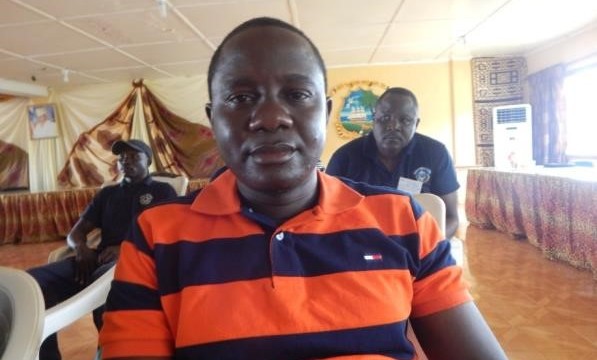
Ibnyasin K. Duoko, a mental health clinician. Photo: Zeze Ballah
For her part, Dorcas M. Kortie of the Liberia National Police said she learned that mental illness is not necessarily linked to any demonic or witchcraft activities.
Kortie said she is now able to identify the signs and symptoms associated with mental illnesses.
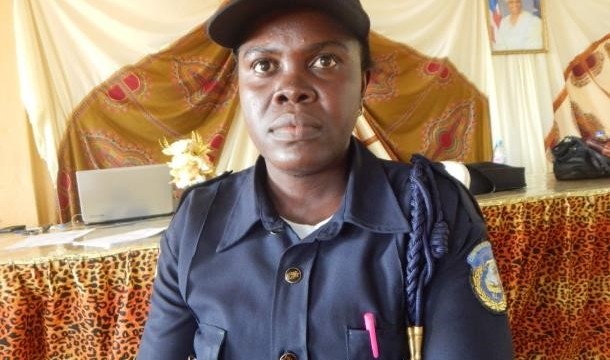
Dorcas M. Kortie, an officer with the Liberia National Police. Photo: Zeze Ballah
Participants at the training were taught how to identify the signs, symptoms, causes, and stigma associated with mental illness.
They were also taught how to prevent harm to others by mentally ill persons, stress management and anti-stigma with the specific mandate given to the law-enforcement officers to apply psychological first aid to individuals with a mental disorder during the crisis period.
The mental health crisis intervention team comprises of law enforcement personnel, mental health clinicians, service users, family members and communities across the country.
As of August 5, there were nine persons identified as having mental disorders detained at the Monrovia Central Prison for various offenses including rape, armed robbery, murder, among others.
Featured photo by Zeze Ballah
